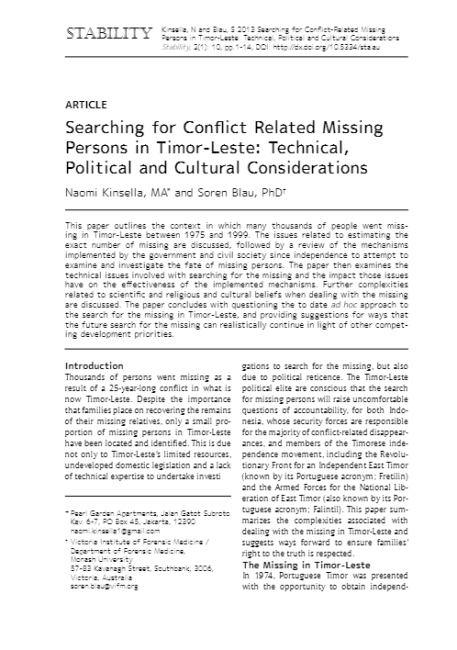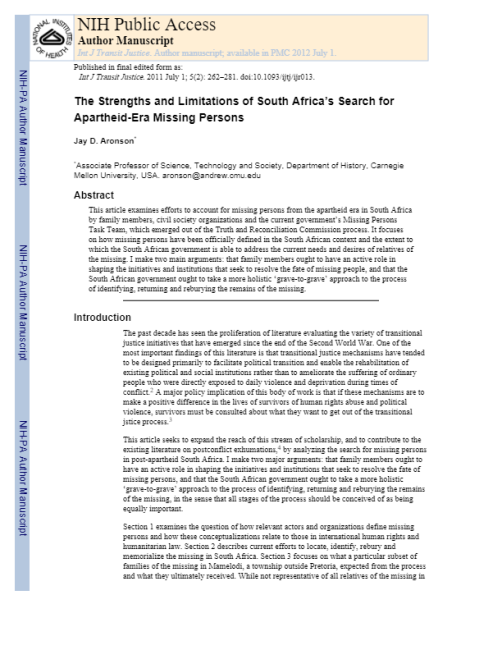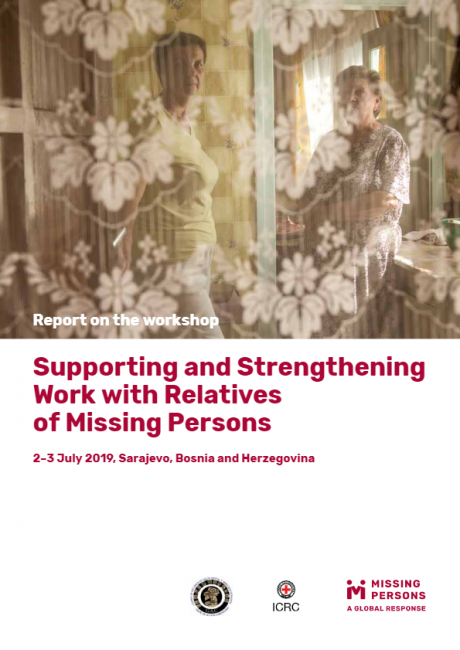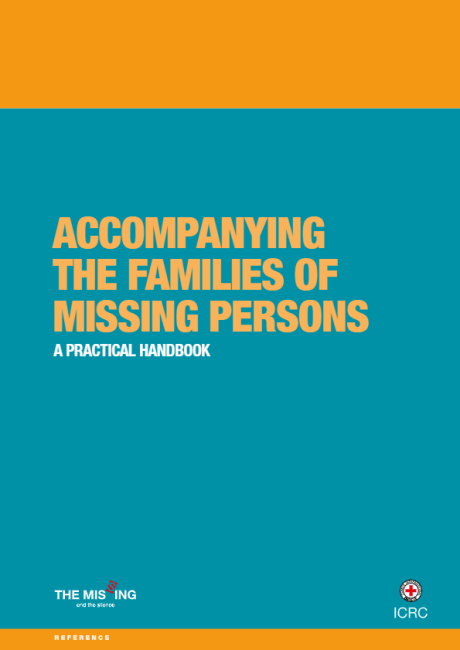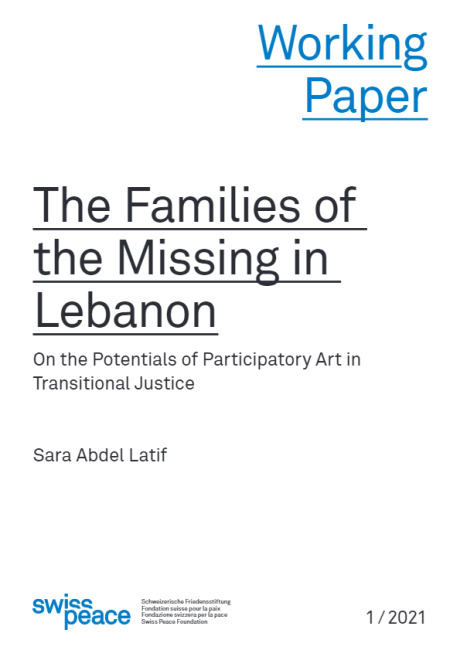
Delaying truth recovery for missing persons
The fate of missing persons is a central issue in post‐conflict societies facing truth recovery and human rights dilemmas. Despite widespread public sympathy towards relatives, societies emerging from conflict often defer the recovery of missing for decades. More paradoxically, in post‐1974 Cyprus, the official authorities delayed unilateral exhumations of victims buried within cemeteries in their own jurisdiction. Analysis of official post‐1974 discourses reveals a Greek‐Cypriot consensus to emphasise the issue as one of Turkish aggression, thus downplaying in‐group responsibilities and the legacy of intra‐communal violence. We compare the experience of Cyprus with other post‐conflict societies such as Spain, Northern Ireland, and Mozambique and explore the linkages between institutions and beliefs about transitional justice. We argue that elite consensus initiates and facilitates the transition to democracy but often leads to the institutionalisation of groups opposing truth recovery even for in‐group members.


